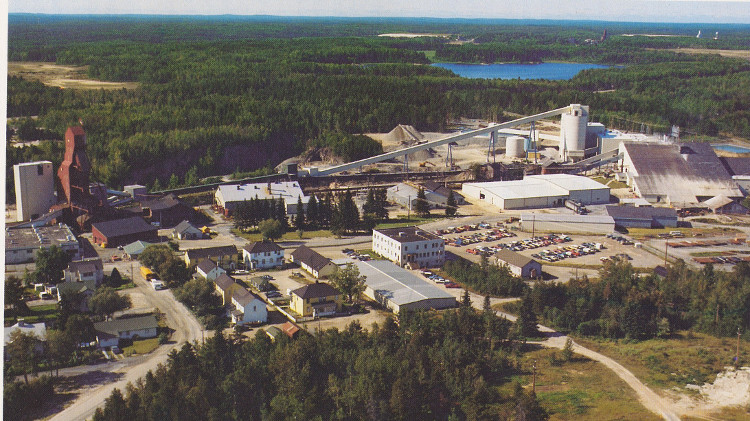A significant development in the business landscape was the introduction of Bill C-59, Canada’s new competition law amendments. Passed on June 20, 2024, and coming into effect June 2025, it sets stringent standards for environmental claims made by Canadian businesses. This legislation targets greenwashing by mandating that companies provide substantial evidence to support their environmental claims.
For decades, the Competition Act, enforced by the Commissioner of Competition, has governed misleading advertising in Canada. Historically, only the Commissioner could bring cases to the Competition Tribunal, including those related to greenwashing. This centralization limited the number of greenwashing cases due to the Competition Bureau’s numerous priorities.
The new provisions, however, empower non-governmental organizations (NGOs) and private parties to seek remedies directly from the Competition Tribunal. This shift is significant. It decentralizes enforcement, allowing entities focused solely on environmental laws to take action. Consequently, mining companies must be vigilant about their environmental claims to avoid becoming targets of these newly empowered watchdogs.
The bill’s wording says businesses must not make claims to the public about what they are doing to protect the environment or mitigate the effects of climate change unless those claims are based on “adequate and proper substantiation in accordance with internationally recognized methodology.” Any assertion of sustainability, green mining, carbon neutrality, eco-friendliness or reclamation must be backed by solid and verifiable evidence.
The new legislation creates a reverse onus on businesses, meaning they must prove their environmental claims are not misleading rather than the NGO proving they are. While it seems unlikely that complainants will target statements taken down before June 2025, businesses should be cautious about all publicly available claims in reports, presentations and social media.
Key strategies for mining companies to comply
With the introduction of Bill C-59, it is more important than ever for mining companies to communicate sustainability efforts transparently and truthfully. Here is how you can avoid claims of greenwashing and build trust with your audience.
Ensure claims are substantiated.
» Any environmental claims should be supported by credible, third-party verified data. For example, if you claim your company has reduced carbon emissions in its operations, provide detailed reports and certifications from recognized environmental standards organizations.
» Adhere to internationally recognized standards and methodologies. This includes ISO certifications, GHG Protocol for carbon accounting and other industry-specific standards.
Be specific and transparent.
» Avoid vague wording and terms like “eco-friendly,” “carbon neutral” or “green,” which are often seen as ambiguous. Be specific about the actions your company is taking, such as, “Our operations reduced water usage by 30 per cent through recycling processes.” Then point to the evidence and the standard that was used to measure the reductions.
» Provide comprehensive information about your environmental initiatives, such as case studies, data sheets and detailed explanations of your sustainability practices. Ensure that all information is backed up by globally accepted methodologies.
Regularly audit and update claims.
» Regularly review and update your environmental claims across all of your historic and current communications to ensure they remain accurate and up to date. Environmental technologies and standards evolve, and so should your claims.
» Engage third-party auditors to verify your claims. Independent verification adds credibility and helps identify any potential areas of greenwashing.
Communicate holistically.
» Consider the full life-cycle impact of the company, from raw material extraction to end-of-life disposal. Highlighting improvements in one area while ignoring significant impacts in another can be misleading.
» Report both the positive and negative impacts of your operations. Transparency about challenges and areas for improvement can build trust with your stakeholders.
Educate your team.
» Implement training programs for your communication and sustainability teams to ensure they understand the importance of accurate environmental claims and the risks associated with greenwashing.
» Develop and enforce clear internal guidelines for making environmental claims. Ensure all team members are aware of the legal requirements and best practices.
Engage with stakeholders.
» Regularly engage with stakeholders, including customers, regulators and environmental groups. Their feedback can provide valuable insights into how your claims are perceived and help identify areas for improvement.
» Foster open and honest communication with stakeholders about your environmental initiatives and performance.
Consequences of non-compliance
Failure to comply with these requirements can result in severe penalties. For misleading representations, penalties can reach up to $10 million for first-time offences and $15 million for subsequent ones. The financial and reputational risks underscore the importance of adherence to these new regulations.
In the era of heightened environmental awareness and stringent regulations, avoiding greenwashing is essential for mining industry communicators. By ensuring all environmental claims are substantiated, specific and transparent, you can build credibility and trust with your stakeholders and enhance your company’s reputation.
Robert Simpson is the president and CEO of PRA Communications, which is dedicated to helping mining companies and suppliers by showcasing their innovations, workforce opportunities and positive impacts.




